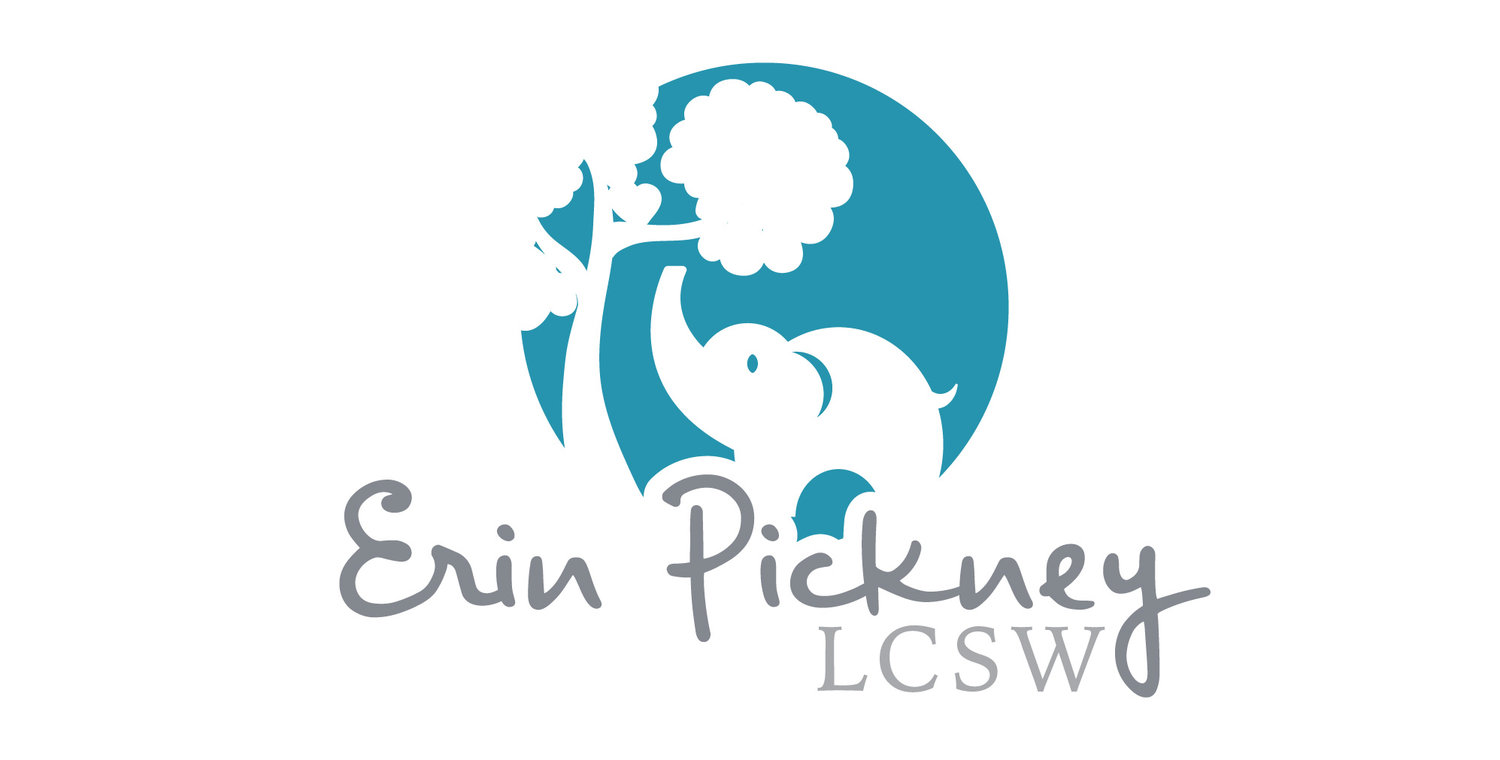Insurance Benefits: Things to Know
Using your insurance benefits for therapy can make it much more affordable and accessible. For many people, this is the only way they are able to go to therapy, so it’s a really valuable resource. There are some things to be aware of, though, before you decide to use your insurance.
Things to Know:
You must have a mental health diagnosis in order for insurance to pay for services. This diagnosis will remain in your insurance records even after you end therapy. Your therapist will conduct an assessment during your first session to determine if you qualify for a diagnosis, and if so, what diagnosis you meet criteria for. If you don’t meet criteria for a diagnosis, you may not be able to use your benefits to cover therapy sessions.
Check your benefits ahead of time: Do you have a deductible that must be met before lower copays or coinsurance kicks in? Are there limits on the number of sessions that will be covered? You should have a Summary of Benefits for your plan (usually provided by your employer at Open Enrollment or found on your plan’s website), but you can also call the Customer Service line to find out.
If you have coverage with more than one insurance (your own plan and a spouse or parent’s plan, for example), you could run into some challenges with primary and secondary billing. First, be sure you know which plan is primary for you, and then make sure your provider is in network with at least your primary plan, if not both. For example, I can only bill primary insurance with the service I use, so if I am only in network with your secondary plan, services won’t be covered by insurance.
Some insurance companies limit the length of sessions. While some companies are more flexible, some will not cover full hour sessions. They may also limit frequency of sessions.
Insurance will not cover more than one therapist per day, so if you are seeing both a family therapist and an individual therapist, you could not have sessions on the same day. This is also the case if you are in a PHP or IOP program - outpatient therapy (traditional therapy) cannot be covered on the same day as PHP or IOP services.
Insurance can be fickle. It’s important to pay attention to the Explanation of Benefits you receive after services are provided (I’m the worst at ignoring the email telling me a new claim has been processed….) to catch any anomalies quickly. You will often see this before your provider will and it can help you catch any changes in coverage or issues that arise before you accumulate a bill.
Insurance is a great resource to make behavioral health and medical care more accessible - and it’s important to know as much as you can about your insurance situation to make sure you’re not surprised by your benefits check!
